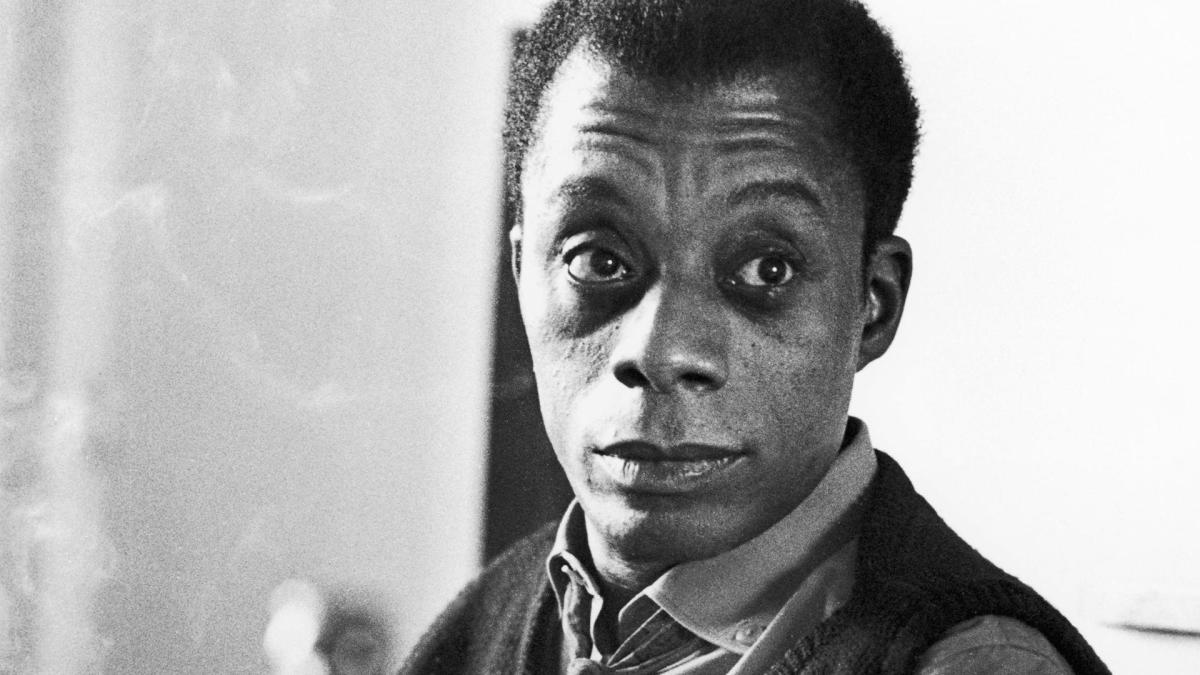In the essays presented in James Baldwin’s first six essays in Notes of a Native Son, his perspective as a writer shifts from himself to that of a contemporary white person several times. For instance, in “Many Thousands Gone,” Baldwin says, “[The “nigger”] stands at our shoulders when we give our maid her wages, it is his hand which we fear we are taking when struggling to communicate with the current ‘intelligent’ negro,” (38). This perspective of a white man coming from a black writer is an interesting rhetorical technique that has several strong effects on Baldwin’s arguments.
The use of a white man’s voice forces the reader to think from a white person’s perspective. More accurately, it forces the reader to think about a black man’s impression of the thoughts of a white man. It holds up the mirror to racism, and highlights, in some cases, the jarring contrast between what black people experience and what white people think. In other cases, in which a white person actually holds these opinions, it serves to highlight how extremely offensive these opinions are.
The effect is rather ironic. Baldwin, in his white man’s voice, considers African Americans “with amusement, with pity, even with affection,” (37), “unintelligent,” and “impure,” (38). The patronizing language seems to frame black people as dumb, dirty pets, while the sophistication of Baldwin’s writing, as a black man, proves that these statements are not true.
This separation of author and narrator does very little for Baldwin’s credibility. He is not speaking from his own biases, but is taking on the opinions of another people group in order to make a point. It seems to lend him credibility at first: it feels like he has removed himself from the argument. Baldwin might seem to be portraying an objective perspective through removing himself. However, his representation of the white man is strongly biased, and this misrepresentation undermines whatever credibility he may have gained in separating himself. Either Baldwin wanted to gain the credibility of a white man’s voice, or he wanted to make a point about the biases of everyone involved, making it seem like no one was objective.
In “Autobiographical Notes,” Baldwin makes it clear that he doesn’t appreciate being a black man because it restrains his artistry. “[The writer] must first be allowed to take a long look back. In the context of the Negro problem neither whites nor blacks […] have the faintest desire to look back.” As an artist, Baldwin doesn’t want to be considered a “black writer,” he just wants to be an artist. By changing points of view in his narrative, he is able to reinforce his own philosophy about the writer’s role in society, taking on a variety of different people and perspectives and rejecting his own limited identity.
Finally, shifting into other perspectives and maintaining an impersonal approach in the first two parts of the book allows Baldwin to embrace more personal matters in the third part. After having presented his “art,” in the essays that highlight his use of perspective-changing and opinionating, he now explains his personal backstory. The reader, after having met different characters that Baldwin presents, now can meet the “real person” behind the curtain. He describes the source of many of his opinions, revealing a sense of truth and honesty. As written in “Autobiographical Notes,” “I want to be an honest man and a good writer,” (9).

